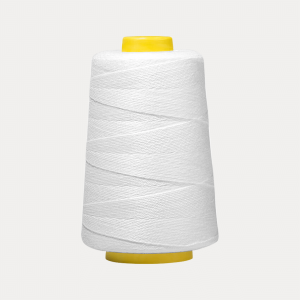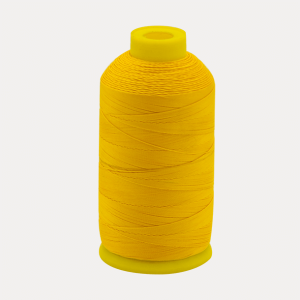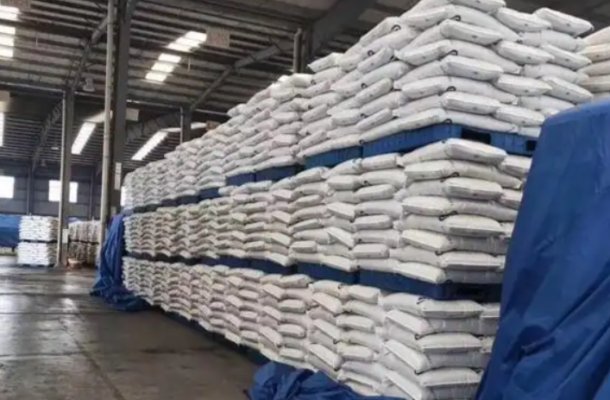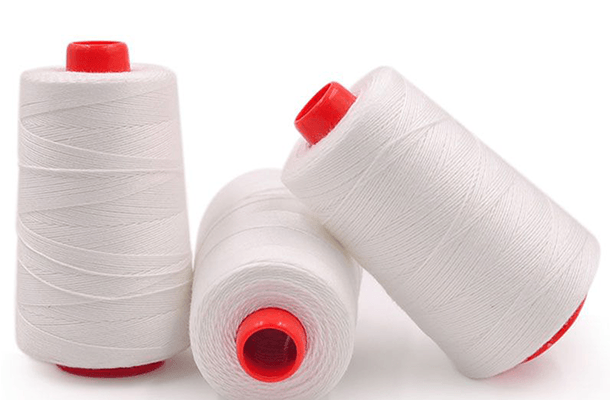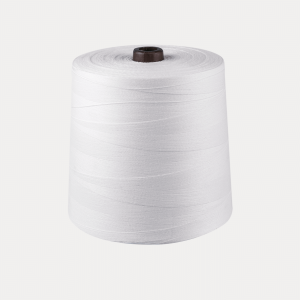
The difference between polyester bag closing thread and sewing thread
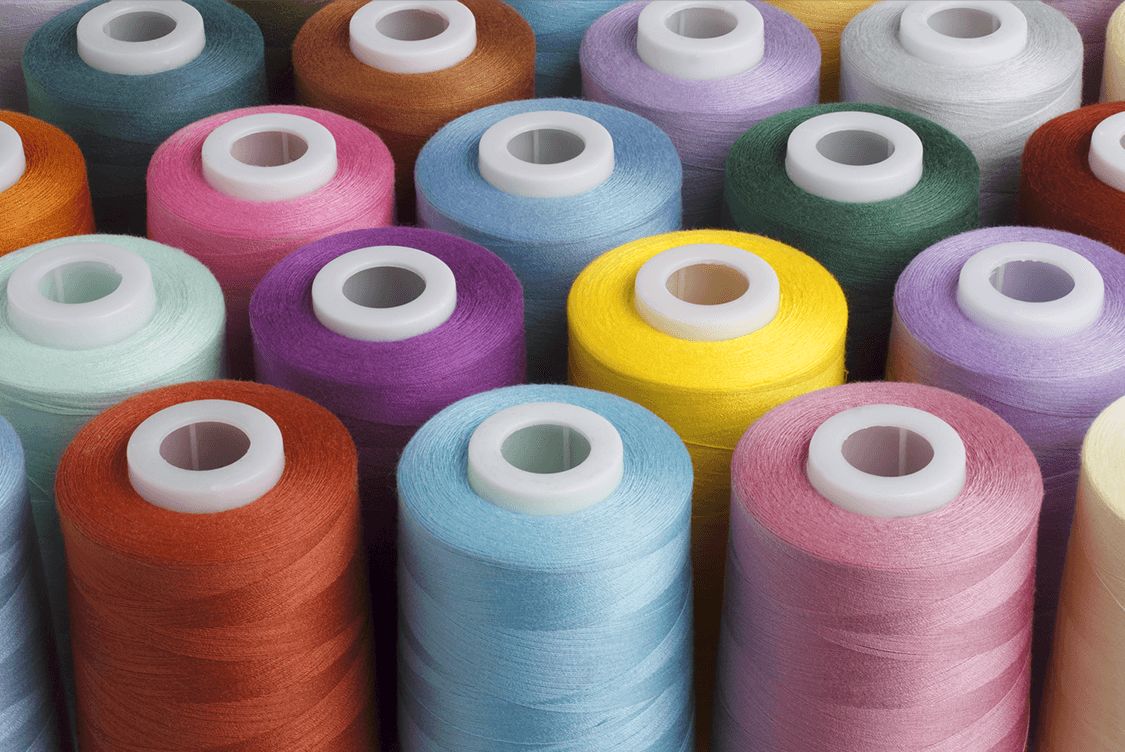
In terms of usage:
Polyester bag closing thread, also known as sewing thread, is mainly used for sealing the opening of civilian or industrial bags, such as feed factories, fertilizer factories, cement factories, rice factories, building materials factories, etc. It can be used for sewing the opening and bottom of woven bags, paper bags, burlap bags, and composite bags.
Polyester sewing thread: used for sewing clothes on high-speed sewing machines, can be used for sewing cotton fabrics, synthetic fabrics, and blended fabrics, and can also be used for sewing knitted outerwear. Specially made polyester thread is also an excellent thread for the shoe, hat, and leather industries.
In terms of compositional characteristics:
Polyester packaging thread is generally made of pure polyester synthetic fiber, emphasizing characteristics such as alkali resistance, corrosion resistance, and acid resistance.
Polyester sewing thread may be made by mixing polyester fibers with other fibers such as cotton fibers, nylon fibers, etc., and its characteristics will be affected by the blended fibers. For example, polyester cotton thread can make the thread soft and absorbent, while polyester nylon thread can increase wear resistance and strength.
The advantages of polyester wrapping thread and polyester sewing thread
Polyester packaging thread
Acid and alkali corrosion resistance: It can be used in industrial environments with acidic and alkaline conditions to ensure the stability of the packaging and prevent rapid damage due to acidic and alkaline substances.
Durable: It can withstand a certain amount of tension and friction, ensuring that the bag is firmly sealed and not easily opened during transportation and storage.
Polyester sewing thread
High strength: More durable than ordinary cotton and silk threads, less prone to breakage or damage, and able to withstand the pulling force during sewing.
Strong wear resistance: not easily worn during use, ensuring the quality of sewing and the service life of the thread.
Good heat resistance: It can maintain stability in high temperature environments, is not easily deformed or melted, and is suitable for clothes and fabrics that require high temperature ironing or high temperature treatment.
Strong light resistance: It is not easy to fade or turn yellow, and products made with it can maintain bright colors for a long time under sunlight.
Low moisture absorption: not easily affected by moisture or deformation.
Good chemical resistance: It has good tolerance to general acids, bases, and some chemicals, and is not easily corroded.
Easy to handle and maintain: It has good fastness and durability, is not easy to disconnect or open, and is easy to operate
